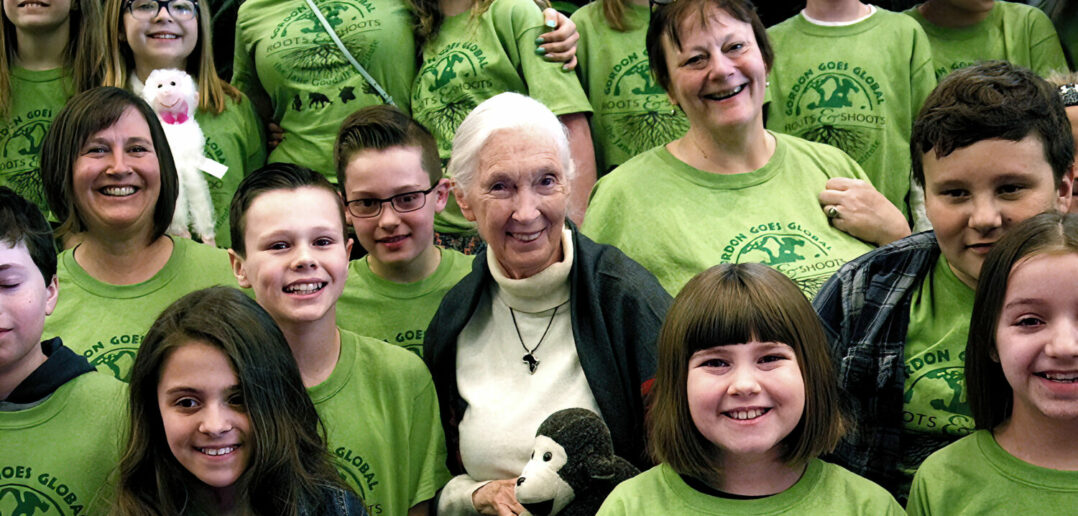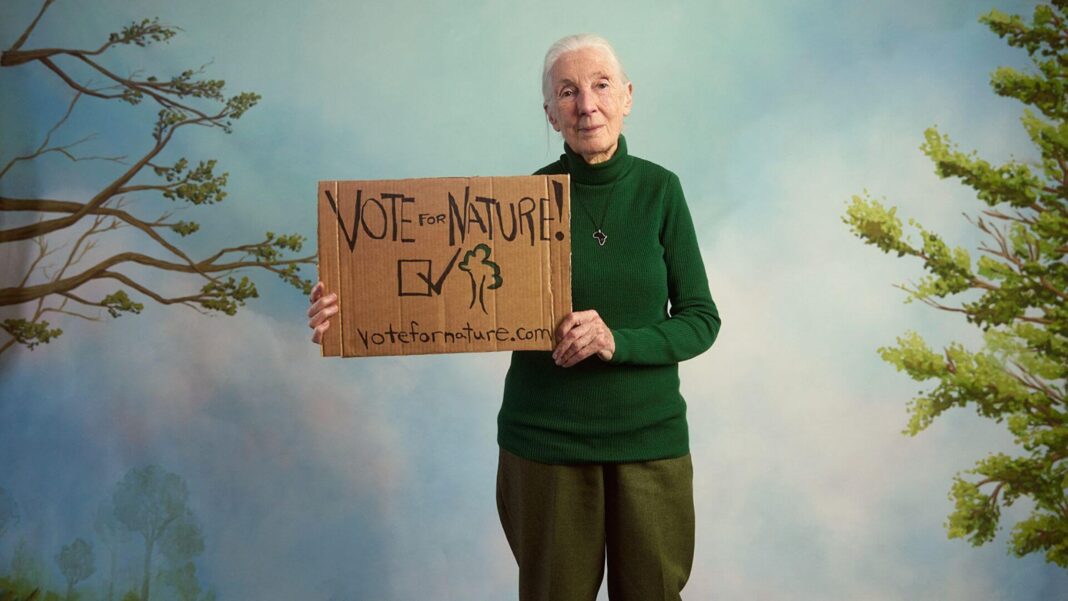Jane Goodall, the famed primatologist, anthropologist, and conservationist, has passed away, according to the institute she founded. She was 91 years old. Goodall died of natural causes while in California on a speaking tour of the United States, the institute said in a statement on social media on Wednesday.
The British primatologist’s discoveries as an ethologist revolutionized science, and she was a tireless advocate for the protection and restoration of our natural world.
At the age of 26, Goodall first traveled to Tanzania and began her research on chimpanzees in the wild forests. Her extensive research on species has demonstrated that primates exhibit various behaviors similar to humans, including the ability to develop distinct personalities and to create and utilize their own tools.
At a time when female scientists were frequently perceived as too delicate and overly emotional for rigorous fieldwork, Jane Goodall defied these stereotypes and proved everyone wrong. The British primatologist, recognized as the world’s foremost expert on chimpanzees, dedicated over 55 years to meticulously studying wild chimpanzee populations in Gombe Stream National Park in Tanzania.
During her groundbreaking research, Goodall made the remarkable discovery of tool-making and usage among chimpanzees—an ability that had previously been thought to be exclusive to humans—when she observed them ingeniously using sticks to fish for termites. Beyond her pioneering contributions to the field of primatology, Goodall is also a committed advocate for animal welfare and environmental conservation, tirelessly working to promote the protection of wildlife and their habitats.
Her efforts include founding the Jane Goodall Institute, which focuses on research, education, and outreach programs to foster greater understanding and respect for primates and the ecosystems they inhabit. Equally significant is Goodall’s role as an inspirational figure for countless individuals, particularly women in science.
Reflecting on her childhood dream of traveling to Africa—which she once laughed at due to financial constraints, societal norms that depicted Africa as the ‘dark continent,’ and the prevailing belief that a girl could not pursue such aspirations—Goodall has become a symbol of determination and resilience. Today, she is celebrated not just for her scientific achievements but also for redefining humanity through her compassionate understanding of our closest relatives in the animal kingdom.

Jane has taught not only the scientific community but the world at large that true science begins with compassion. Through her pioneering work in ethology, she has revealed the complex emotional and social lives of chimpanzees, fundamentally altering our understanding of how humans perceive their place within the animal kingdom. Her commitment to conservation and animal welfare enhanced the reputation of the Jane Goodall Institute, which works tirelessly to promote wildlife research, education, and community-centered conservation efforts.
Additionally, Jane’s Roots & Shoots program has inspired and mobilized countless young people worldwide to advocate for animals, people, and the environment, empowering them to make meaningful changes in their communities. Jane was a powerful reminder that “what you do makes a difference, and you have to decide what kind of difference you want to make”.
Her legacy challenges the world to remain intellectually curious, to lead with compassion in our endeavors, and to strive tirelessly for a world where all forms of life are valued and respected.
Similar Articles: “Picture a Scientist” Unveils the Struggles and Triumphs of Women in STEM


